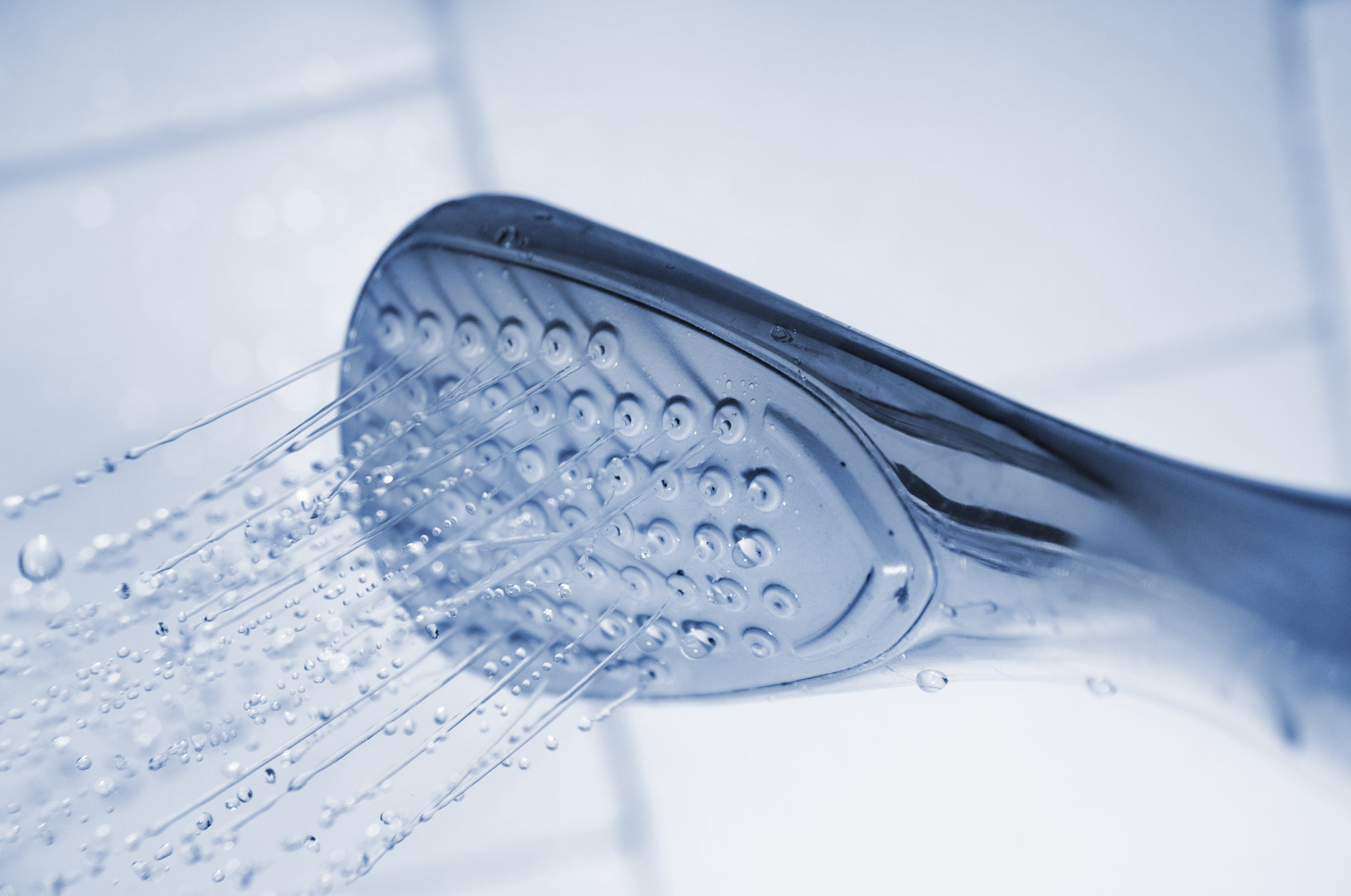Immediate access to hot water has become a daily luxury, if not necessity, for most Americans. Not only is hot water necessary for completely disinfecting dishes and washing heavily soiled clothes, but it’s nearly impossible to convince yourself to stand under a stream of ice-cold water when you’re accustomed to comfortably warm showers.
Hot water delays can be a small inconvenience you have to power through. But when delays lag on from seconds to minutes and longer, that inconvenience becomes big enough to merit a solution.
If your water heater takes too long to heat your home’s water up, we can help you find a solution to get your instant hot water back!
Common Causes of Hot Water Delay
There are multiple reasons why your hot water heater may be taking far too long to heat up. Below are some of the reasons why this could be the case in your home.
1. The Heater Is Too Far from the Appliances
If you live in a large house with a water heater that is on the opposite side of the house to, say, the bathroom, you might have found your problem. If the water heater is too far away from an appliance such as a shower, the hot water has to travel farther to reach the outlet, pushing the cold water in the pipes out before it reaches you.
2. The Heater Is Too Small
If you live alone, having a small water heater likely isn’t a problem. However, if you have a large family or a houseful of friends—where there might be five or more showers taken per day, plus loads of dishes and laundry—a small tank water heater will likely run out of water during the day and may take an hour or more to replenish your supply of hot water.
3. A Low Volume Restrictor Is Limiting Your Supply
A low volume restrictor or water flow restrictor is a barrier that is placed in an appliance to help reduce the flow of water through it. These are usually installed in order to conserve water. However, it could be slowing down your water flow and, therefore, limiting the hot water that reaches you.
4. The Heater Is Broken
Of course, the answer could simply be that your water heater is damaged or broken. An old water heater might give out, rust or sediment buildup might be impeding your heater’s function, or the thermostat could be broken. Any of these issues would stop the heater from working as normal.
Potential Solutions for Getting Instant Hot Water
So, once you know you have a problem with your hot water supply, how do you fix it?
1. Contact a Professional
This is by far the easiest way to find a definite solution for your hot water problems. If you don’t have any plumbing or electrical knowledge, contacting a professional will save you time and likely frustration, as they can easily determine the cause of the slowdown and help find a solution quickly.
Look for an experienced water heater company in Altadena before settling for a general plumber; a team with specialized experience will be able to get you the right solutions for your water heating system with more expertise than an unspecialized technician.
2. Install a Water Recirculating System
If your problem is not with the heater itself, but rather the layout of the house and the connections between the heater and the appliances, installing a hot water recirculating system is the solution for you.
A recirculating system recirculates hot water through your pipes in a continuous loop, eliminating the usual delay where you get only cold or lukewarm water and providing instant hot water.
3. Install a Second Water Heater
If you live in a large home where your family is constantly depleting the hot water in your water heater tank, this is probably the best solution to your problem. With a second water heater, you won’t have to wait long to have hot water at your fingertips, as there will be plenty of time for your first tank to refill and re-heat water while you’re supplied with hot water from the second tank.
Another solution is to install small point-of-use water heaters in your house. These are installed right beneath or next to the appliance that uses it, meaning the appliance doesn’t rely on the main heater at all.
4. Replace Your Water Heater
After taking the advice from a professional water heater technician, you may want to consider replacing the heater altogether. If the heater is old and has many different problems causing its inefficiency which would be expensive and take a lot of time to fix, replacing it is a better option.
Not having hot water is a pain, but fixing it shouldn’t be. By finding the cause of your hot water delay and using one of these solutions to fix it, you should be able to get your instant access to hot water back in no time!



